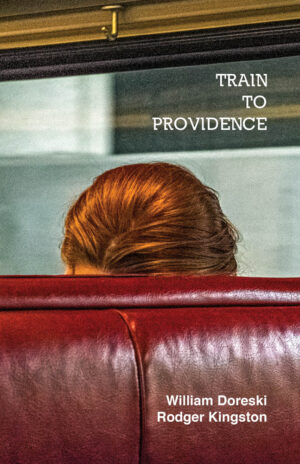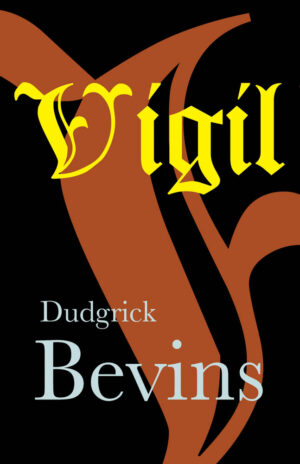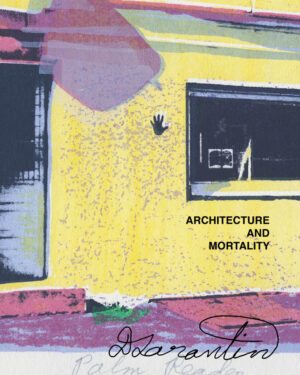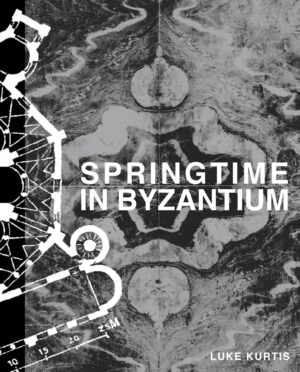The Language of Genealogy
Learning about family history teaches you a lot about history in general. The obvious areas are things like the Civil War and even World War II. When you connect your family to the collective stories of history, suddenly those grand narratives seem a bit more personal.
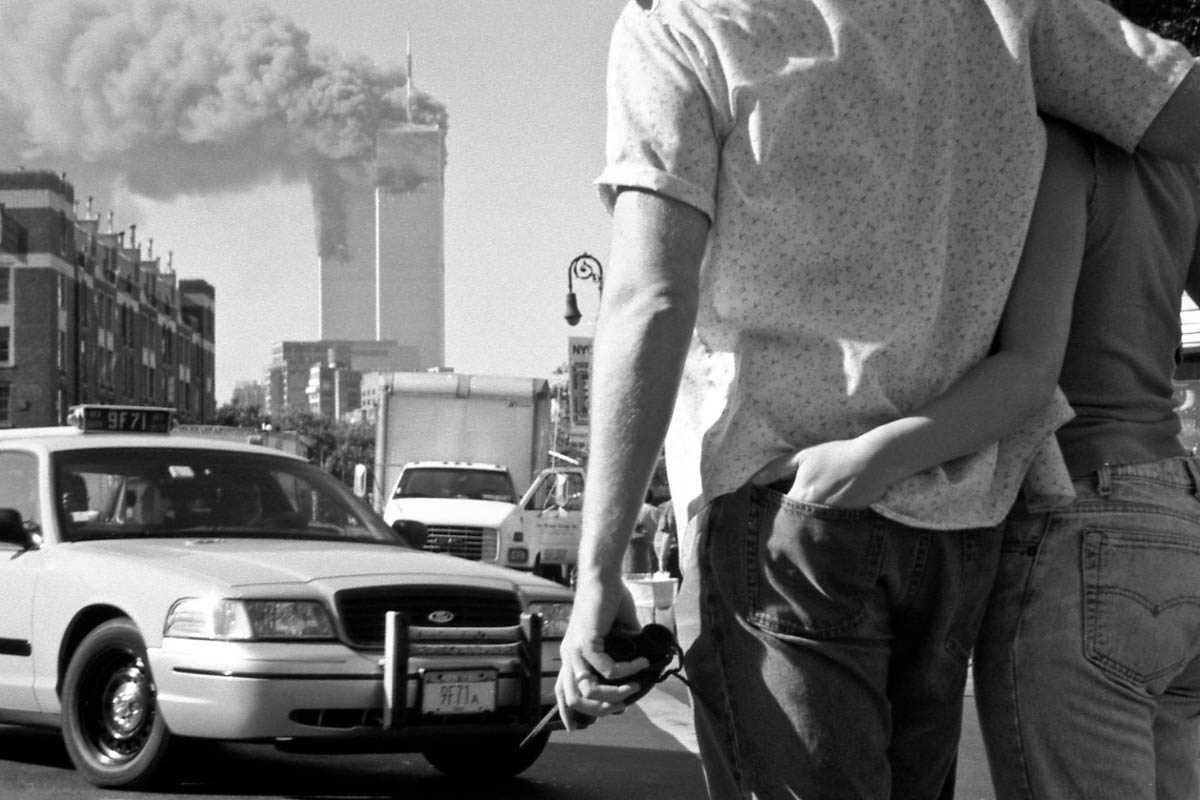
As a New Yorker, I can’t help but wonder how the next generation will look back and remember 9/11. As it is, I already know people who were not alive in 2001. But I lived through it. I watched those towers fall with my own eyes. I photographed them as they burned and fell (this is one of my photos here). I lived in the no-entry zone and had to show a photo ID just to get into my neighborhood. I walked over to the West Side Highway and stood with other New Yorkers cheering on firefighters who sped up and down the highway for weeks on end after those towers fell. How does my personal experience translate to the pages of history we see presented in books and documentaries? It doesn’t. The pages of history record the grand narratives and the dramatic events. But the quiet recollections of those of us who lived through it are just as important.
Often when people look at events around us–the events we know will one day be studied in history books everywhere–we talk about how much history has changed. In the case of 9/11, we use terms like “terrorism” to try and define what happened. Language, though, is limiting. The very moment we put words to tongue we somehow fail ourselves. Yet also those words are something we can’t do without. It’s important to be aware of the limitations we create through language, how our own words confine us, and how–hopefully–we can transcend them.
When we hear about violent events–say, for example, another shooting has made the news–many of us react with a “What’s happening to the world?” kind of attitude. The truth is that nothing is happening… at least nothing that unusual. We have a tendency to romanticize the past as if it represents some sort of ideal. This type of nostalgia for the past is something we all do, and it’s another way in which language fails us. Matt Novak, writing about the public’s perception of the history of the space program, warns that “romanticization of the past has real-world consequences because it breeds a certain kind of futility, a belief that we’re simply not able to accomplish things without every American behind the idea.”
For most of us, history is learned in language that glorifies the good parts, polishes them over for more than they’re worth, and skims over the bad parts. But those “bad” parts hold a lot of value and can, potentially, teach us just as much if not more than the “good” parts. History is not good. History is not bad. History just… is (or maybe “was”).
Read More

